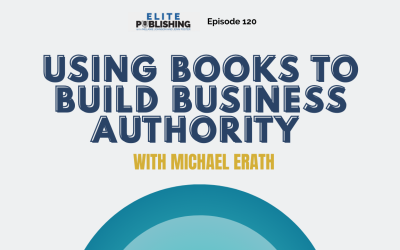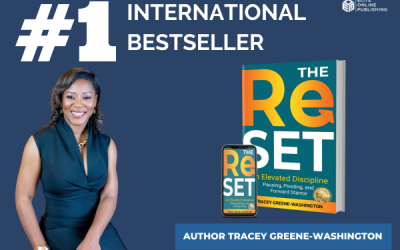In today’s digital age, podcasts and speaking events are potent platforms for authors and entrepreneurs. They offer a unique opportunity to share your story, showcase your expertise, and connect with a broader audience. If you’re ready to take this exciting leap, our 5-step guide will light your path!
Step 1: Define Your Unique Message
Your journey starts with your unique message. What do you offer that no one else does? Pinpoint your niche and tailor your message to resonate with your target audience. This clarity is crucial for attracting the right opportunities.
Step 2: Build a Strong Online Presence
Visibility is key. Ensure your website reflects your professional image and expertise. Regularly update your blog and engage with your audience on social media. A strong online presence makes you more attractive to podcast hosts and event organizers.
Step 3: Network and Collaborate
Relationships open doors. Connect with industry influencers, join relevant groups, and attend networking events. Offer value and build genuine connections. These relationships can lead to podcast invitations or speaking opportunities. Here are some ideas on how to connect online:
- Join Online Author Communities: Participate in forums and social media groups specifically for authors. Engage in discussions, share insights, and seek collaborations. This can lead to joint ventures like podcast guesting or co-hosting webinars.
- Virtual Book Clubs and Author Talks: Host or participate in online book clubs and author talks. These platforms are excellent for discussing your work, gaining feedback, and connecting with fellow authors and potential collaborators.
- Leverage Social Media Platforms: Utilize platforms like LinkedIn, Twitter, and Instagram to connect with industry professionals, podcast hosts, and event organizers. Regularly share content that highlights your expertise and engage with others’ posts.
- Webinars and Online Workshops: Offer to host or be a guest speaker at webinars and workshops relevant to your niche. This showcases your knowledge and opens doors to further speaking opportunities.
Step 4: Craft a Compelling Pitch
Your pitch is your spotlight. Create a concise, engaging pitch that highlights your expertise and potential contribution to their audience. Personalize each pitch to align with the host’s or event organizer’s themes and goals.
Step 5: Showcase Your Expertise
Be prepared to demonstrate your value. Share samples of your work, such as articles, videos, or previous speaking engagements. This tangible proof of your expertise will make you a more compelling candidate for podcasts and speaking roles. If you have a book, you can further entice your audience by inviting them to gain an in-depth understanding of your expertise.
Landing a podcast or speaking gig marks not just a milestone, but a journey of personal and professional development. Each step in this process, from refining your message to crafting your pitch, is an opportunity to hone your skills and deepen your understanding of your audience. As you follow these five steps, you’re building more than just visibility; you’re cultivating a robust network and a reputation as an expert in your field. Remember, every podcast you join and every stage you step onto opens new doors, allowing your unique insights to resonate with diverse audiences.
In 2024, as the digital world continues to evolve, your voice has the power to inspire, influence, and create meaningful connections. Embrace each opportunity with enthusiasm and confidence. Let the world hear your unique voice, not just as an echo in the digital realm, but as a vibrant, influential presence that can truly make a difference.
FAQ
Question: How can an author determine the best audience for their speaking gigs?
Answer: Identifying your target audience is crucial. Consider who would benefit most from your message. For instance, if you’re a motivational speaker for educators, understand their demographics, challenges, and interests. This knowledge helps in crafting a talk that resonates and finding suitable events or conferences to approach.
Question: Is it advisable for authors to start with smaller, local speaking opportunities?
Answer: Absolutely. Starting local and small is an excellent strategy. It allows you to practice in a less intimidating environment and build confidence. Look for opportunities in your community, like local business associations, educational institutions, or interest groups that align with your book’s theme. These initial gigs can pave the way for larger engagements.






0 Comments